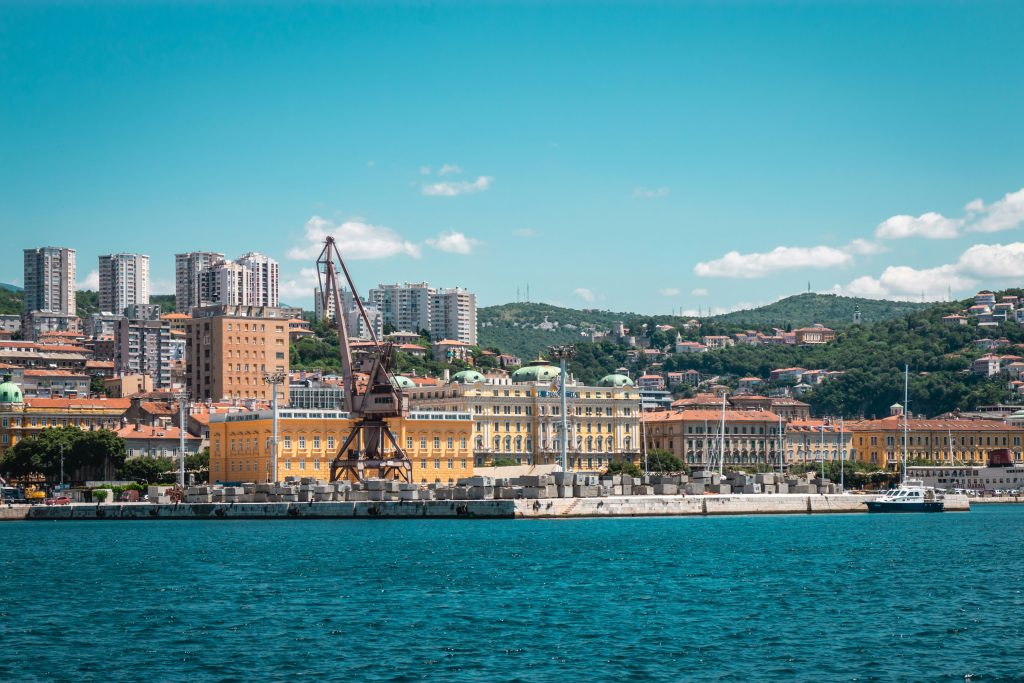February the 6th, 2024 – Promising words from Maersk, who believe that the ever-industrial Rijeka holds enormous promise.
As Poslovni Dnevnik writes, the world’s largest shipping company, Denmark’s well known Maersk, recently opened a warehouse in Rijeka’s Kukuljanovo industrial zone. This global giant has 700 huge vessels in its fleet and more than 10 million square metres of warehouses all over the world, according to HRT.
With more than 80,000 employees and 70 terminals in all the most important countries around the world, Maersk achieves an annual turnover of 80 billion US dollars. By opening a modern warehouse spanning 12,000 square metres close to Rijeka, they’re dramatically altering the image of Rijeka as their new acquisition.
“In the long term, I believe that in five to ten years, the port should go to Krk, and not be here in the city centre. I think that is a good direction to go. Another thing is that the railway needs to be properly developed, a lot has already been done, but much more is needed. If this happens, I believe that Rijeka can become a kind of new Rotterdam and Bremerhaven, which are multimillion-dollar container ports,” stated Ivić Vodopija, the director for Central and Eastern Europe of Maersk Croatia.
That is all well and good, but we all know that currently, the work of shipping companies has been made even more difficult by the escalation of the conflict in the Red Sea, which began back in December. It completely disrupted maritime routes, and on Maersk’s website, there are daily warnings issued about this risky and very sensitive situation. As a result of these issues, their ships are now sailing on a longer route.
“From the perspective of costs, we’re talking about journeys which are 3,000, 3,500 nautical miles longer. That means that the cost of transporting goods becomes significantly more expensive, and the sailing time is extended by 10-20 days. This all depends on the ports in Europe, and therefore the waiting times for some products to arrive. As a result of all of the above, the entire spectrum of this is expected to become more expensive,” stated Igor Šikanjić, Maersk’s sales director for the Adriatic region.
If we estimate that up to 20,000 ships pass through the Red Sea, i.e. the Suez Canal – one of the most important routes for transporting oil and fuel, as well as consumer goods – annually, the importance of establishing peace as quickly as possible on this hugely important maritime route is clear.








